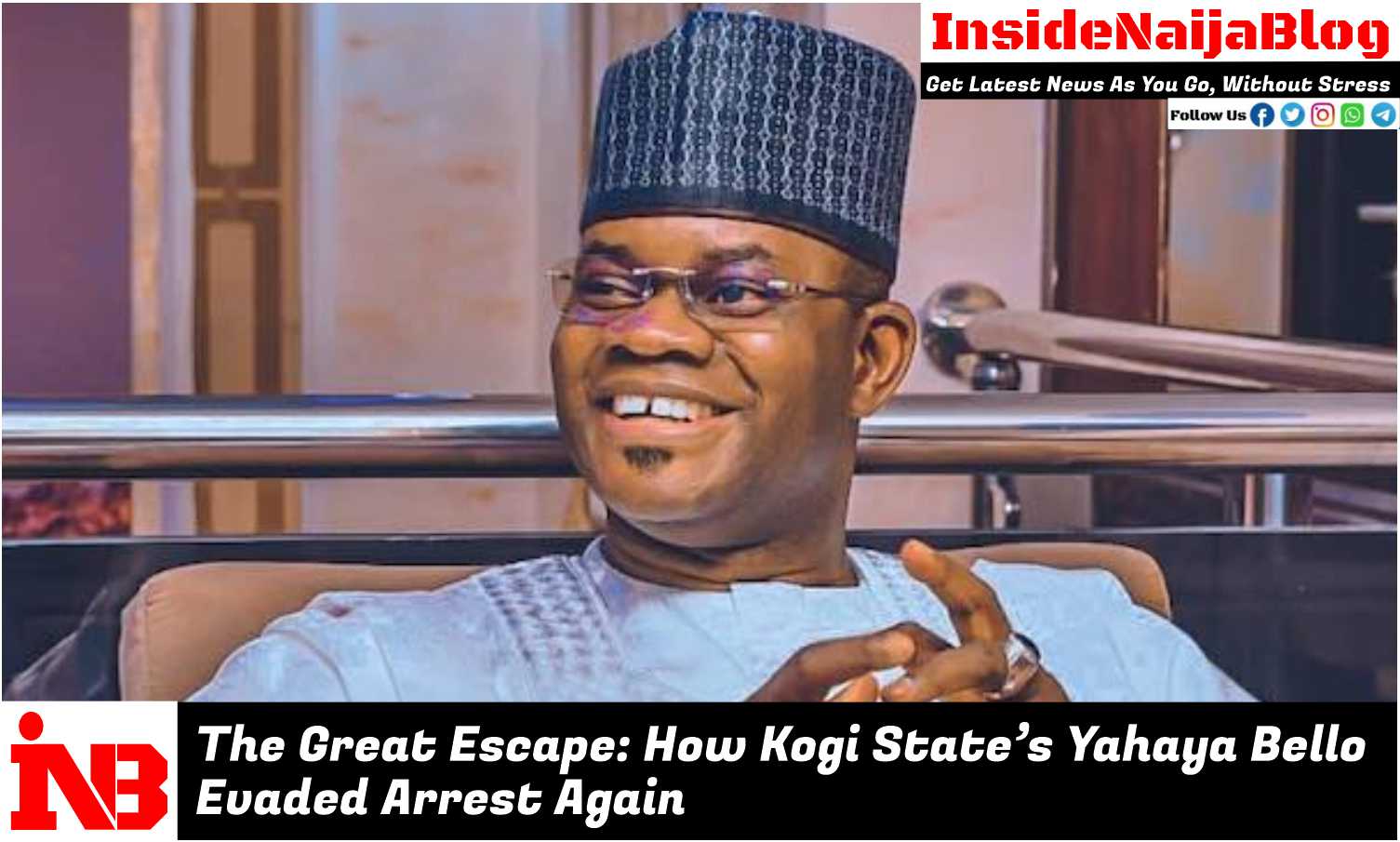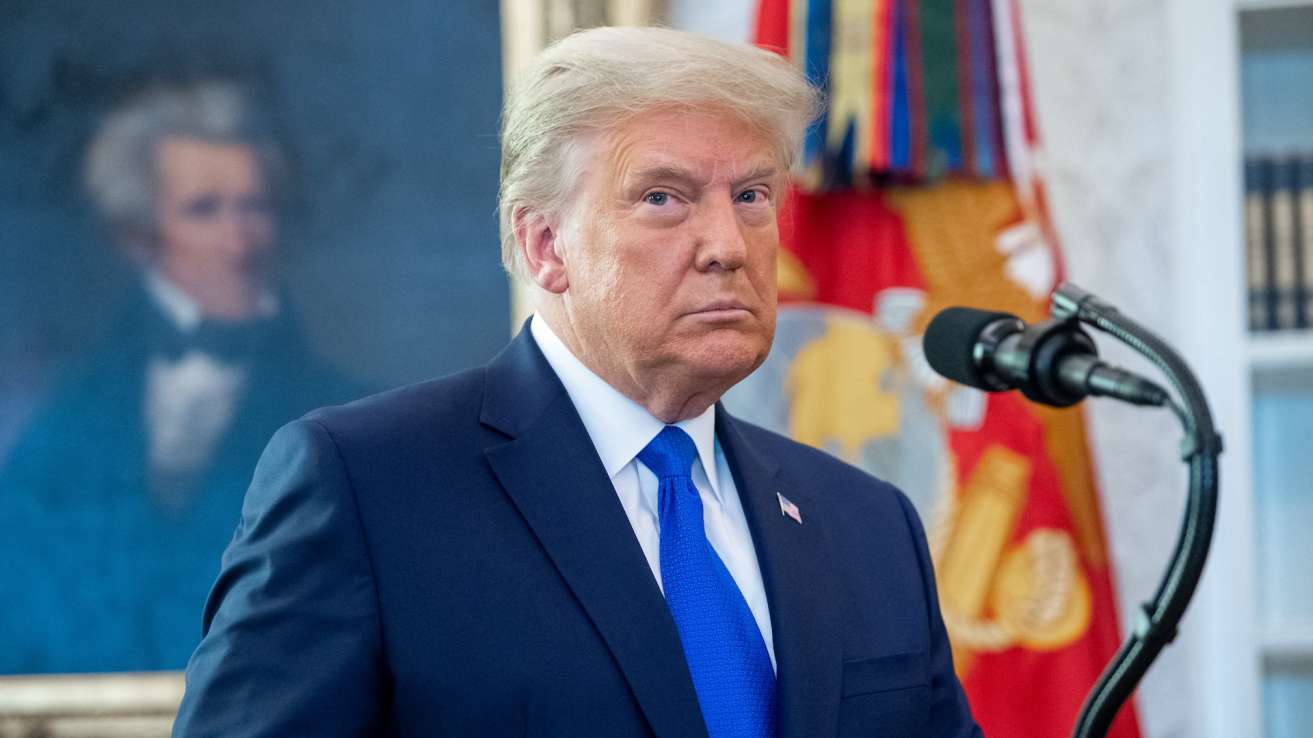In a dramatic turn of events that has captured public attention, former Kogi State Governor Yahaya Bello has reportedly evaded arrest once more, this time with the alleged assistance of his successor, Governor Usman Ododo. The Economic and Financial Crimes Commission (EFCC) had set its sights on Bello, who is wanted in connection with an astonishing N80.2 billion fraud case, but their latest operation ended in frustration.
On Wednesday, EFCC operatives descended upon the Kogi State Government Lodge in Abuja, hoping to apprehend Bello. However, despite their efforts, the former governor managed to slip through their fingers, thanks in large part to Governor Ododo’s intervention. The immunity that comes with Ododo’s current office appears to have played a crucial role in thwarting the commission’s attempts to execute an arrest warrant.
The dramatic saga isn’t new; this incident echoes a similar attempt from April when Ododo allegedly facilitated Bello’s escape during another EFCC raid in the capital. These events raise pressing questions about the accountability of public officials and the lengths they might go to protect each other.
Following a visit to the EFCC headquarters by both Bello and Ododo, the commission publicly denied that it had detained the former governor. EFCC spokesman Dele Oyewale claimed that Bello was not in custody, despite assertions from Bello’s media team that he had indeed visited the agency. The official narrative quickly shifted, with the commission stating that Ododo’s actions had impeded their ability to carry out their duties, allowing Bello to evade capture yet again.
EFCC officials revealed that the ongoing shield provided by Ododo’s governorship immunity has significantly complicated their efforts. “Yahaya Bello has not been arrested,” an EFCC official confirmed. “The Kogi State governor prevented operatives from doing their work yesterday, just like he did the other time. He took him away, and our men could not do anything because of the immunity he enjoys.”
Attempts to reach EFCC spokesperson Dele Oyewale for further clarification were unsuccessful, as calls and messages went unanswered. Meanwhile, Ohaire Michael, the director of Bello’s media team, also proved elusive, with his phone switched off and no response to messages by the time of reporting.
This ongoing saga not only highlights the challenges faced by the EFCC in enforcing accountability but also raises significant concerns about governance and the legal protections afforded to public officials. As the narrative unfolds, citizens remain on high alert, watching closely to see if any decisive action will be taken against those allegedly entangled in corruption. Will Yahaya Bello face justice, or will he continue to evade the long arm of the law? Only time will tell.




